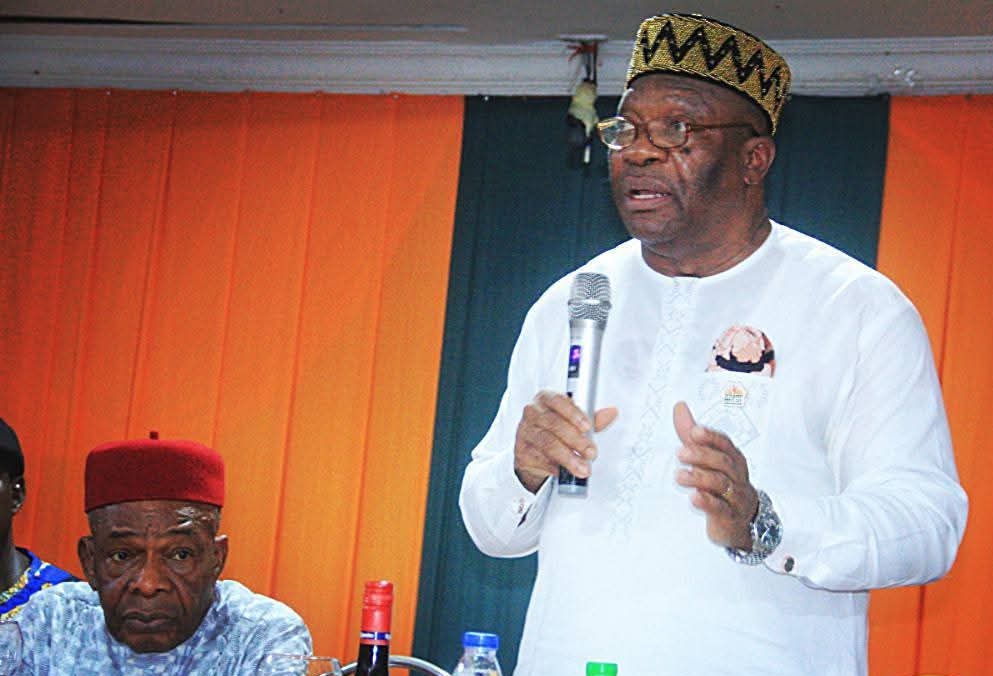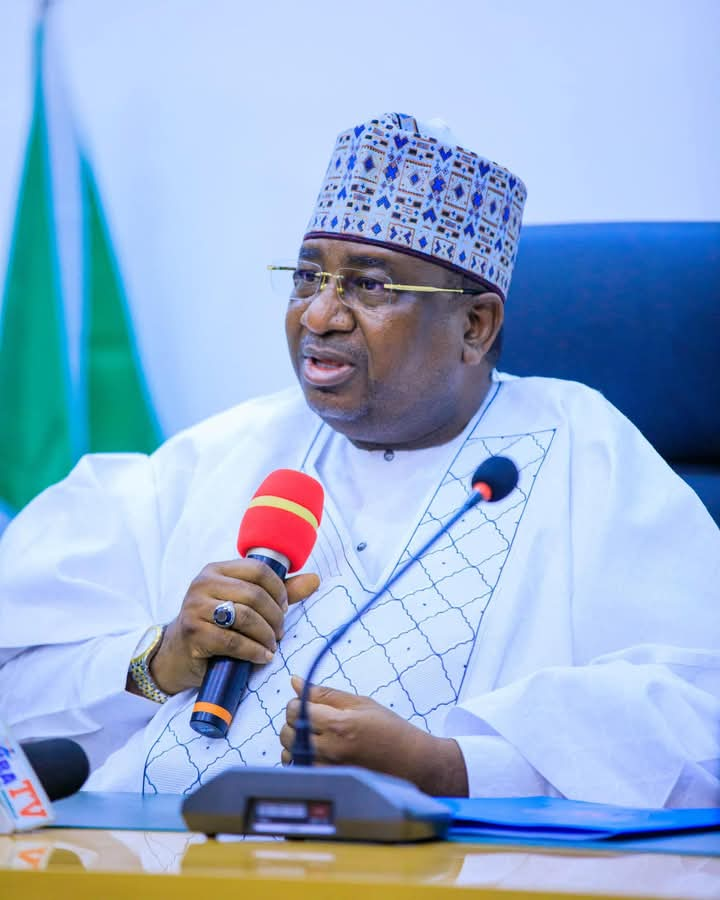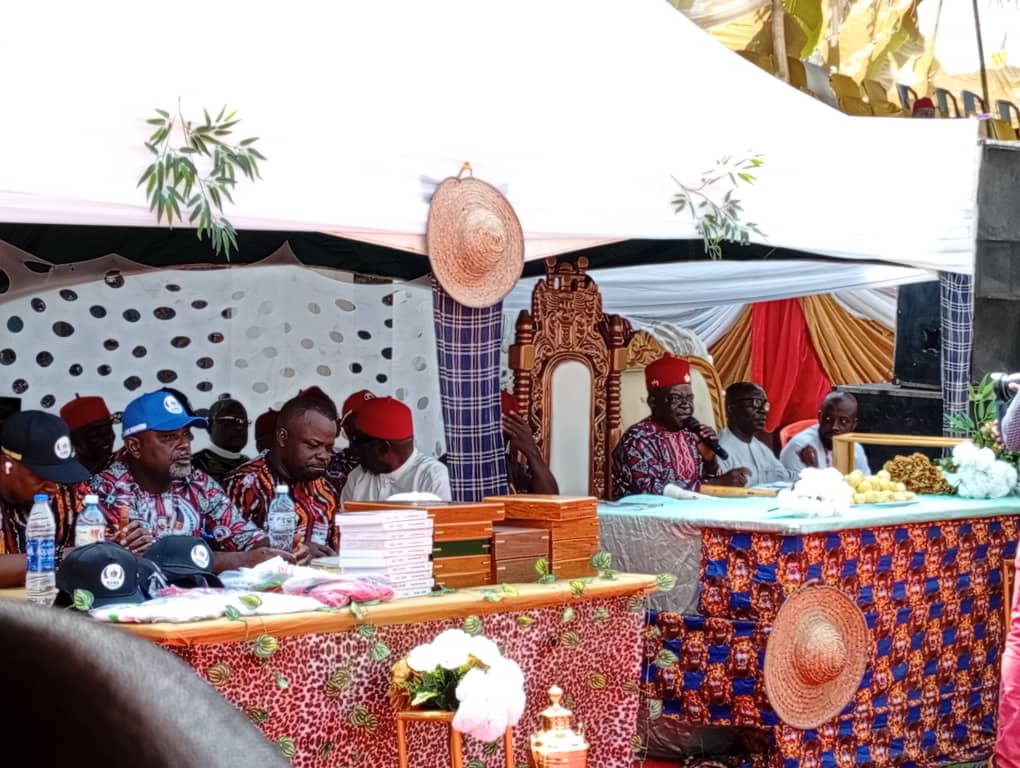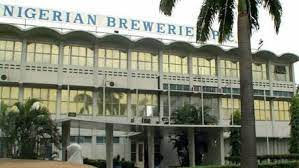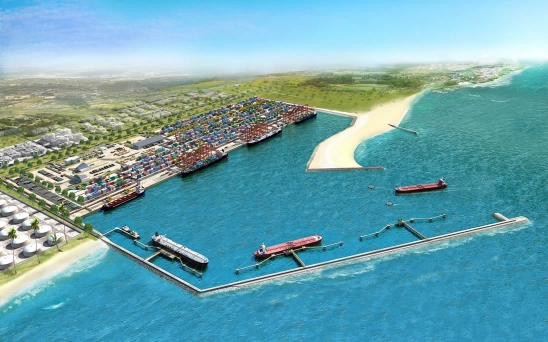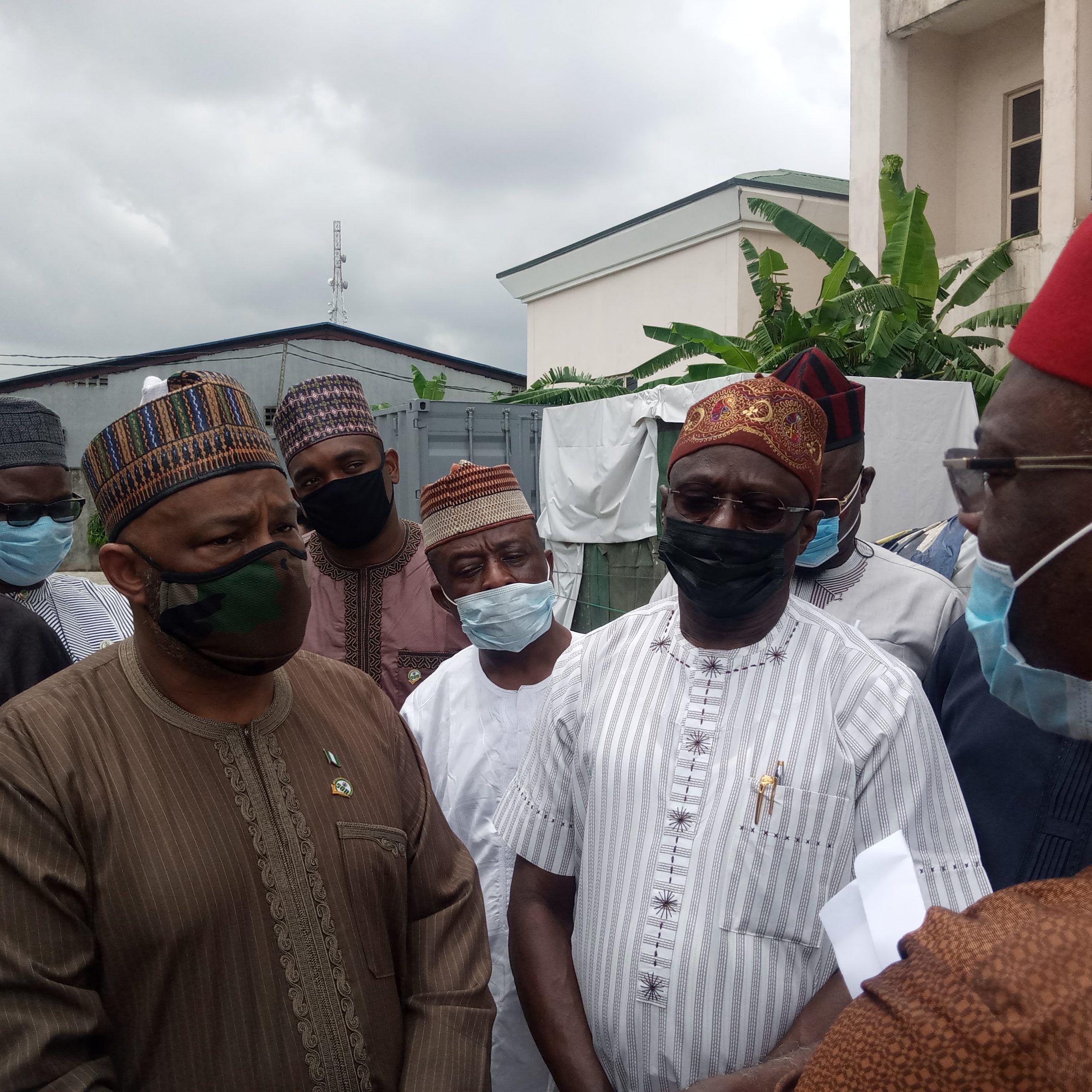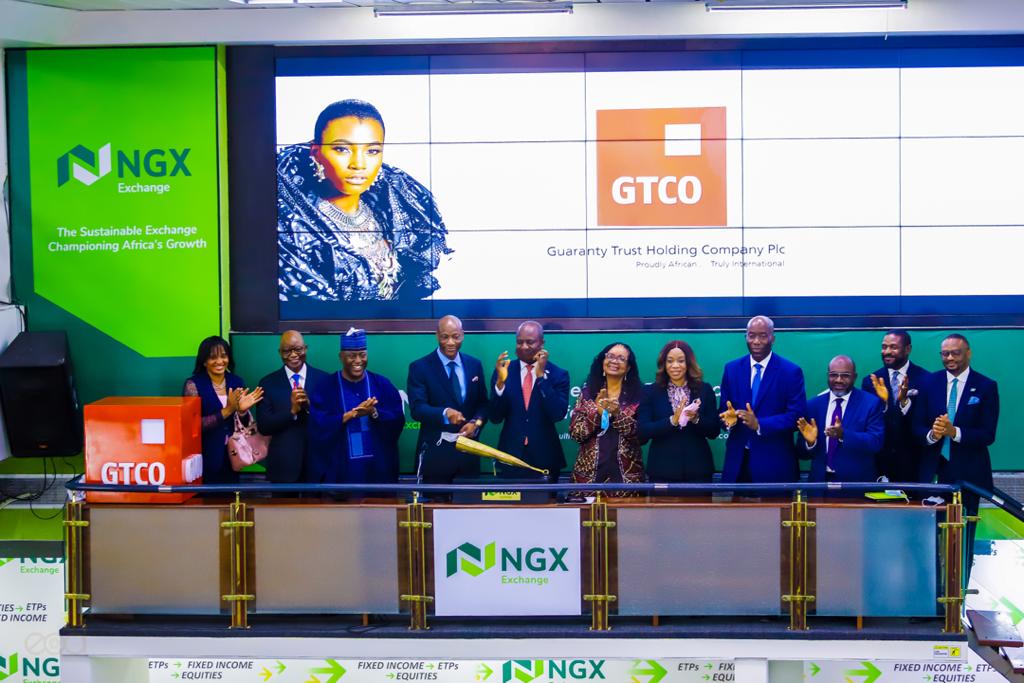As part of its Corporate Social Responsibility (CSR), Nigerian Breweries Plc, has authorized a new 200-seater auditorium at the Concordia College, Yola, Adamawa State, constructed in honour of one of their teachers and the winner of the 2020 Maltina Teacher of the Year, Miss Oluwabunmi Anani.
This was of its gift to the school that produces the winner of the Maltina Teacher of the Year Competition.
During the handover ceremony, the Secretary to the Adamawa State Government, Umar Bindi, who was represented by the Commissioner for Education and Human Capital Development, Adamawa State, Wilbina Jackson, expressed gratitude to Nigerian Breweries for sponsoring in the education sector as part of its CSR.
Bindi equally lauded Anani for the milestone achievement remarking that the sterling performance recorded could not have been possible without the conducive learning environment created by Adamawa State Government and Concordia College.
Chairman, Nigerian Breweries Plc, Chief Kola Jamodu represented by the Head of Public and External Relations, Nigerian Breweries Plc., Uzodinma Odenigbo, congratulated the 2020 Winner of the Maltina Teacher of the Year, noting that her commitment is a continuous reminder that no society can exist without the solid foundation contributed by a teacher.
He depicted the achievements reported by Anani and her colleagues as a massive testament to the quality and excellence in teaching obtainable and available in Concordia College, Yola.
Since its inception in 2009, the Nigerian Breweries/Felix Ohiwerei Education Trust Fund has successfully delivered several intervention projects in education.
These include constructing and furnishing over 140 classrooms, libraries, and toilets in various schools in Kano, Sokoto, Plateau, and Kaduna states.
NASENI urges students to bridge gaps in technological development
The National Agency for Science Engineering Infrastructure (NASENI) has called on students to leverage on creativity and innovation in bridging technological gaps in the country.
The Executive Director of NASENI, Prof. Mohammed Haruna, made the call during a book launch titled: “Design Principles for Modern rotating Electromechanical Machines” in Abuja.
Haruna, who was represented by the Acting Director, Technology Business Development, Mr Ozigi Bernard, said there was need for the Nigerian economy to be technologically driven.
“NASENI took deliberate interest in key areas of science and engineering development because any nation that aspires to attain socio-economic transformation must definitely invest in them to engender competition.
“That is why we are associated with this engineering design textbook which will be good for our upcoming engineers and those who have the experience,” he said.
Haruna said that “the book is a major contribution to science, technology and innovation in the country.”
The Book Reviewer, Dr Olorotimi Awodiji, Senior Lecturer, Department of Electrical Engineering, University of Jos, said the book explained how to fill existing gaps in electrical designing.
”Most of our designs come from abroad due to lack of human resources, the textbooks, machines and equipment that are necessary.
“The book addresses the fundamentals and mainly the deficiencies in the designing of electrical machines if the book is properly studied,” Awodiji said.
He also advised students to embrace Science, Technology, Engineering and Mathematics (STEM) courses, saying the country needs more engineers and scientists.
Awodiji appealed to government to give more incentives in terms of scholarships to students to encourage them to study STEM courses that could fill manpower deficit in the country.
Dr David Etor, the author and a Senior Lecturer from the Department of Electronics Engineering University of Jos, said his book would inspire the design of electrical machines with less heat emissions in the environment.
“The global decarbonisation agenda is to cut down anything that contributes to greenhouse gasses and that’s what I tried to achieve by writing this book,” Etor said.
According to him, the designs captured in his textbook can be utilised by students and professional engineers to produce electromechanical machines.
He said that the machines would be useful for the advancement of local content and industrialisation in the country.
Also, former Director of Finance, Nigerian Meteorological Agency (NIMET), Dr Jigah Gabriel, urged students to cultivate the habit of reading books to tap from the experiences of senior professionals.
Shell places more onshore assets in Nigeria for sale
Royal Dutch Shell has placed more of its onshore oil assets in Nigeria for sale with at least five Nigerian oil and gas companies preparing to submit their respective bids for the acquisition of the assets this month.
The deal was estimated to fetch up to $3 billion, Reuters quoted three sources involved in the process to have said.
Shell last year started discussions with the federal government about selling its stake in the onshore fields, where it had been active since the 1930s, as part of a global drive to reduce its carbon emissions.
The Anglo-Dutch company has stakes in 19 oil mining leases in Nigeria’s onshore oil and gas joint venture (SPDC), which the industry and banking sources said were valued at between $2 billion to $3 billion.
Shell operates SPDC (Shell Petroleum Development Company of Nigeria) and holds a 30 per cent stake in the venture.
The Nigerian National Petroleum Company (NNPC) Limited holds 55 per cent, TotalEnergies has 10 per cent, and ENI five per cent.
Shell has also struggled for years with spills in the Niger Delta due to pipeline theft and sabotage as well as operational issues, leading to costly repairs and high-profile lawsuits. The sale has drawn interest from independent Nigerian oil and gas firms including Seplat Energy Sahara Group, Famfa Oil, Troilus Investments Limited, and Niger Delta Exploration and Production (NDEP), sources said.
No international oil companies were expected to take part in the bidding process at this point, the sources said, adding that bids were due by January 31.
A Shell spokesman declined to comment. Sahara Group said it did not comment on market speculation.
Seplat, Famfa, Troilus, and NDEP did not immediately respond to requests for comment.
NNPC could also choose to exercise its right to pre-empt any sale to a third company, the sources said.
They said it was unclear whether potential bidders could raise sufficient funds as many international banks and investors have become wary about oil and gas assets in Nigeria due to concerns about environmental issues and corruption.
Some African and Asian banks, however, were still willing to finance fossil fuel operations in the region, they said.
Troilus has hired Nigeria-focused Africa Bridge Capital Management to raise up to $3 billion for the assets, according to sources and documents were seen by Reuters. Africa Bridge Capital reportedly declined to comment.
Any buyer of Shell’s assets will also need to show it can deal with future damage to the oil infrastructure which has ravaged Nigeria’s Delta in recent years, the sources said.



